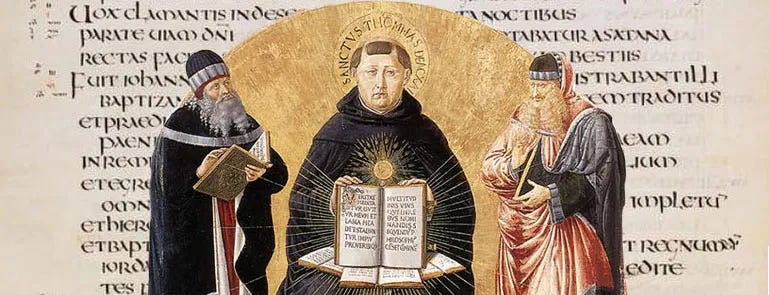William Dalrymple's "Indian Journeys" & Tim O'Neill's "History for Atheists": two recommendations
Free post
First, allow me to prime the proverbial pump. Having recently posted three articles on the subject of reading as a sacred discipline (in addition to my March 8th post on the biblical canon), in the weeks ahead I will be posting a series on the four canonical Gospels, plus the Thomas Gospel. My intention is to present overviews of each, emphasizing, in particular, those features that lend themselves to “mystical” or “allegorical” interpretation. As most of us no doubt realize, the Gospels are not merely biography or historiography, but — as Origen noted — “Anyone who will read them with attention… will observe that in those narratives which appear to be literally recorded, there are inserted and interwoven things which cannot be admitted historically, but which may be accepted in a spiritual signification” (De Principiis, Bk. IV, Ch. I, 16).
So, with that teaser out there, stay tuned for (much) more.
*****
This week I offer two recommendations. The first is a 1998 three-part video series entitled Indian Journeys which, after a long wait, has finally been posted on YouTube. For too long it was hard to find.
I first became aware of William Dalrymple when I read his superb 1997 travelogue, From the Holy Mountain, documenting his retracing of the travels of the monk, John Moschos, who went monastery-hopping across the Byzantine world in the sixth century. Much of that world had long since disappeared, of course, when Dalrymple made his fascinating journey from Mount Athos to Egypt in Moschos’s footstseps. Twenty-six years later, the book is still one to savor if you haven’t already.
Regarding the highly engaging Indian Journeys, the details are these (found online here.) (Note: If a video link below reads “Video unavailable,” simply double-click on the embedded link and you will be magically transported to YouTube, where you can watch it without further harassment.)
Celebrated travel-writer William Dalrymple, author of the award-winning book "City of the Djinns", travels across India looking at the country's great spiritual past and troubled present.
This trilogy, written and presented by William and produced and directed by Hugh Thomson, makes three ambitious journeys into what is for William familiar territory.Programme 1 "Shiva's Matted Locks"
In the first of the 50 minute programmes William walks in the tracks of the many bare-footed pilgrims and holy men who have journeyed up into the High Himalayas to reach the breathtaking source of the River Ganges. The pilgrimage is an awe-inspiring journey and one that is revered by India's Hindus.
Programme 2 "City of Djinns"
The second of William's journeys takes him deep into the soul of Delhi to discover the ancient rites of Sufism - a potent mix of the traditions and customs of many religions, chiefly Hinduism and Islam. He discovers, too, the deep-seated antagonism that exists between India's two major religions and asks, 'Is Sufism the answer?'
Programme 3 "Doubting Thomas"
The final part of the trilogy begins with an extraordinary, epic voyage supposedly undertaken by Christ's apostle St Thomas in the first century, when he sailed from Palestine down to the south of India. William follows an ancient manuscript - The Acts of St Thomas - which details the apostle's legendary journey and sets out to discover whether the fabled voyage and subsequent spread of Christianity in Southern India by 'doubting Thomas' is fact or fiction.
*****
If you are unfamiliar with Tim O’Neill’s website, History for Atheists, you will find a number of useful articles intended to rectify modern atheists’ frequently atrocious knowledge of history. O’Neill is himself an atheist, but he’s also a serious historian and consequently embarrassed by the bad history he sees repeated by otherwise fairly intelligent atheists (as well as by a few evident nitwits). I may not agree with O’Neill when it comes to God, Jesus, faith, etc., but I enjoy both his honesty and sense of humor.
And since the subject lately here has been the interpretation of the Scriptures, here’s an especially relevant post from O’Neill’s site. Lee Clarke is the guest writer, and his article shows how biblical literalism (as the quote from Origen in my opening paragraph above should indicate) is an aberration of Christian tradition. The article can be read by clicking here.








I am incredibly excited for the gospel series. Thank you so much for sharing your profound insights! It has changed, and continues to change, my life.